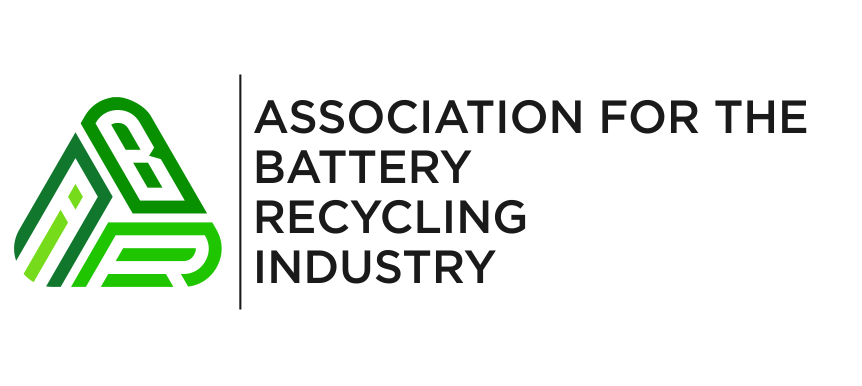Submissions championing a battery circular economy
Review of the Cwlth Recycling & Waste Reduction Act (Feb 2025)
The statutory review of the Recycling and Waste Reduction Act 2020 (‘the Act) is timely. It provides the opportunity to expedite and enhance product responsibility including stewardship scheme requirements to prevent battery fires in the waste sector. There is an urgent need to provide certainty, funding and develop the infrastructure required to safely collect and recycle lithium batteries including those in e-waste.
Submission
Battery recycling policy statement (Dec 2024)
Only three out of every 20 handheld batteries (<5kg) are estimated to be recycled in Australia every year. This is a wasted opportunity to recover and reuse precious metals and materials, alleviate pressure on the environment and reduce the impact on landfills. Responsible recycling will also improve safety hazard standards and protect both community and waste industry workers.
Australia’s battery recycling industry has united to call on Australia’s Environment Ministers to urgently adopt a national mandatory producer responsibility requirement in relation to battery chemistries with poor recycling rates. Such a commitment will both drive investment and help consumers to reduce their impact on the environment.
Productivity Commission - Opportunities for a circular economy (Oct 2024)
ABRI’s submission focused on:
Success factors driving lead acid battery recycling
Opportunities to develop lithium battery recycling technology and infrastructure
Barriers and solutions to further growing the battery recycling industry
Inquiry into the transition to electric vehicles
(Mar 2024)
The House of Representatives Standing Committee on Climate Change, Energy, Environment and Water.
ABRI’s submission highlighted
The need for urgent action to prepare for end of life management of EV batteries
Opportunities to develop new industries
Supporting regulatory and policy framework to support a smooth transition
No regrets actions
Inquiry into the transition to electric vehicles information page
National Battery Strategy
(Mar 2023)
The Strategy should set out a framework with these elements:
Batteries are recycled in Australia and consideration should also be given to processing black mass in Australia to extract the critical minerals.
Minimisation of regulatory costs and red tape where safe and sustainable to do so.
Consistency with policy developments and regulation overseas, such as producer responsibility and battery material traceability rules (e.g. European battery passport), to maximise and leverage existing opportunities.
Ensures urban, regional and remote areas can equally access battery recycling opportunities.
ABRI welcomes this inquiry into EV transition as a forum to consider the investment opportunities and consequential arrangements to:
Maximise battery recycling industry development opportunities, such as the development of sovereign technologies to recover critical battery minerals such as cobalt, lithium and copper from used batteries; and
Build the capability and infrastructure to support a smooth, safe and sustainable EV transition.
New Vehicle Emissions Standards
(Mar 2024)
Inquiry into EV Transition (Feb 2024)
ABRI’s submission highlighted the need for a pathway to support consequential impacts on the battery recycling sector.
Queensland Battery Industry Strategy
(Mar 2023)
ABRI supported the development of a Queensland BatteryIndustry Strategy to build on the State’s strengths across the battery value chain and maximise investment opportunities.
The ABRI submission provided detailed responses to the consultation questions on:
Market opportunities
Key challenges
Partnerships and collaborative investments
Collectively marketing commitments to develop a sustainable battery industry
Queensland Battery Strategy - Feb 2024
Critical Minerals Strategy (Feb 2023)
ABRI’s submission highlighted the:
importance of building the Australian battery recycling industry into a major feedstock supplier of critical minerals for clean energy technologies; and
opportunities for building on growing linkages and collaboration between the mining, renewable energy and battery recycling sectors.
